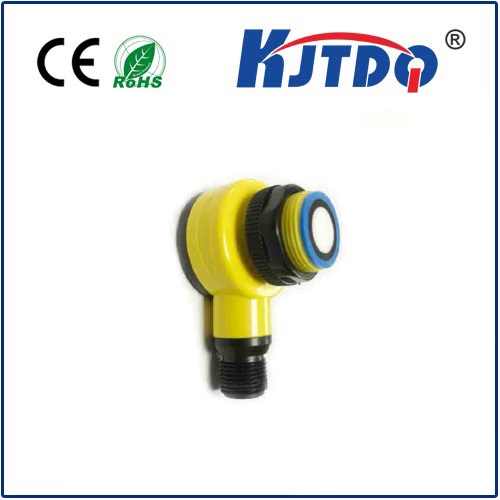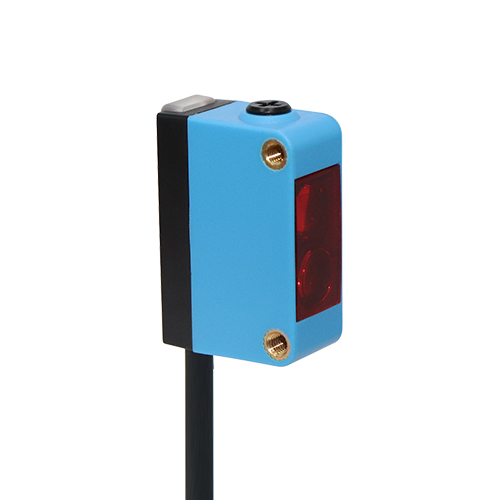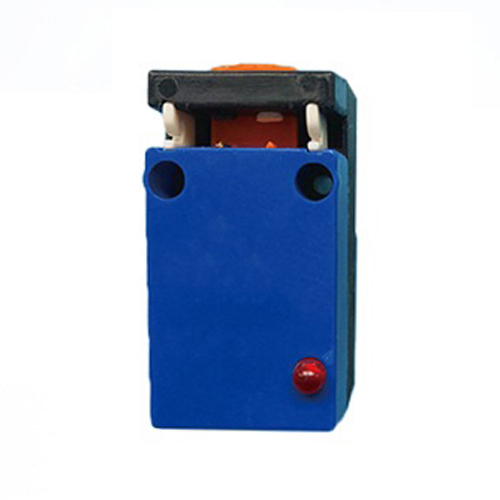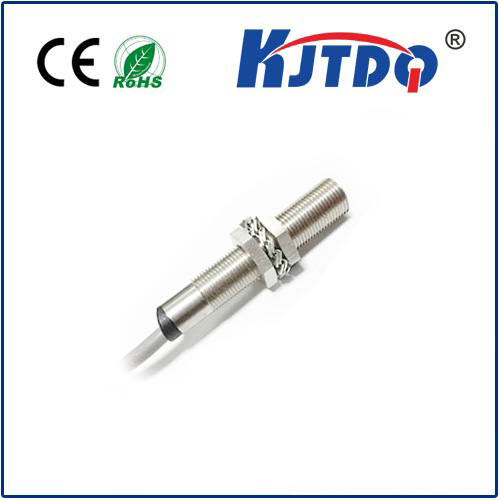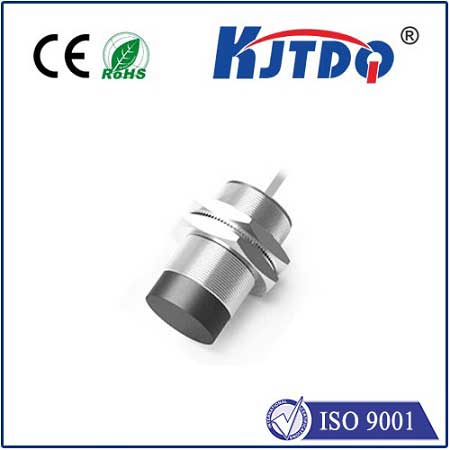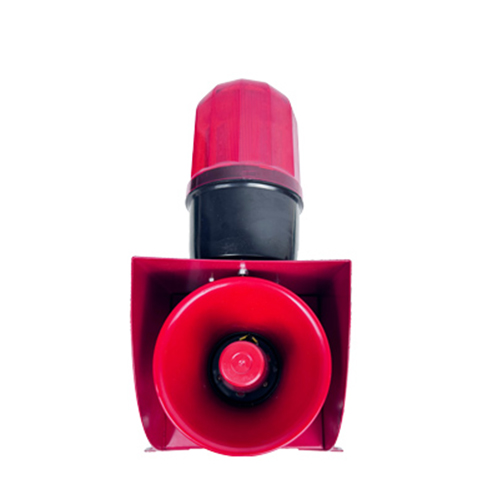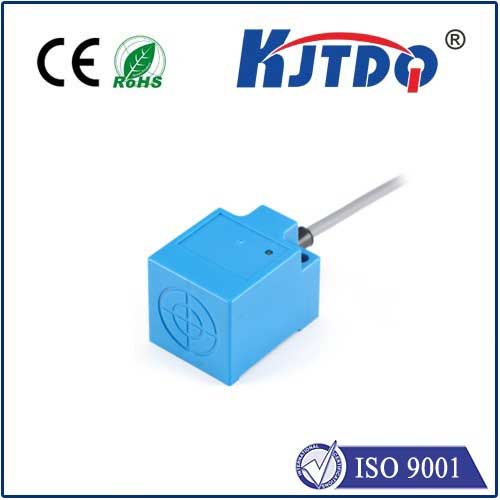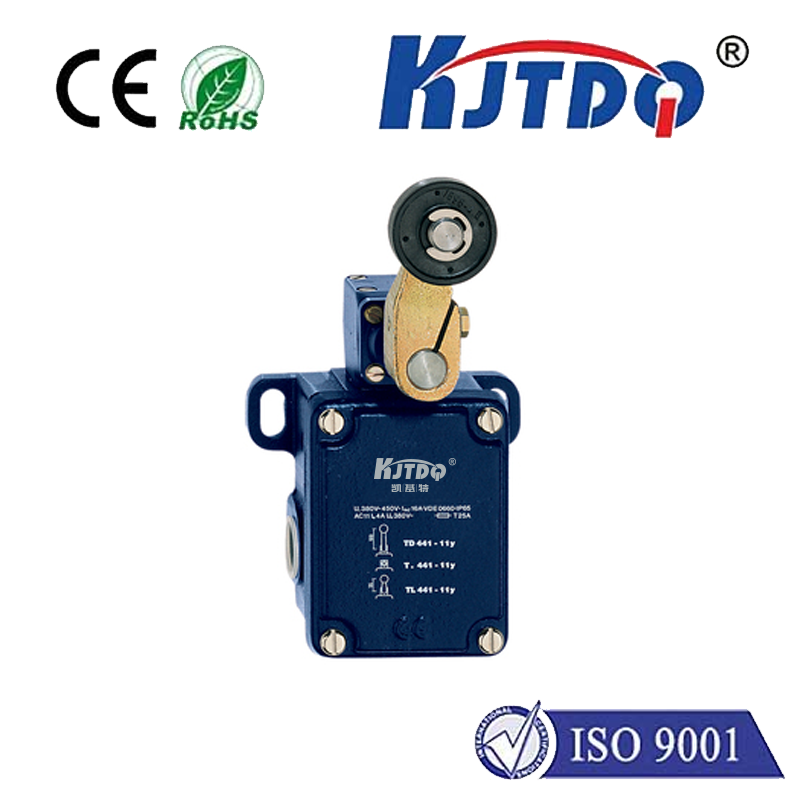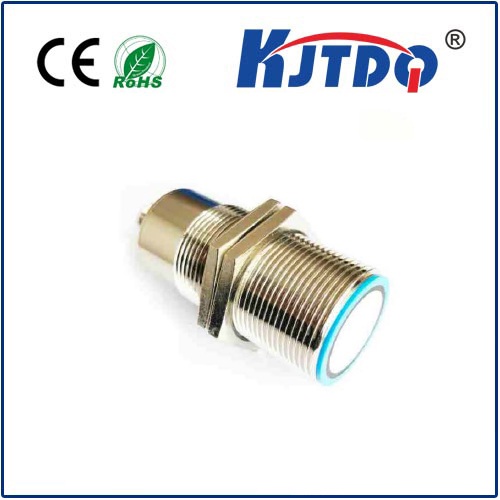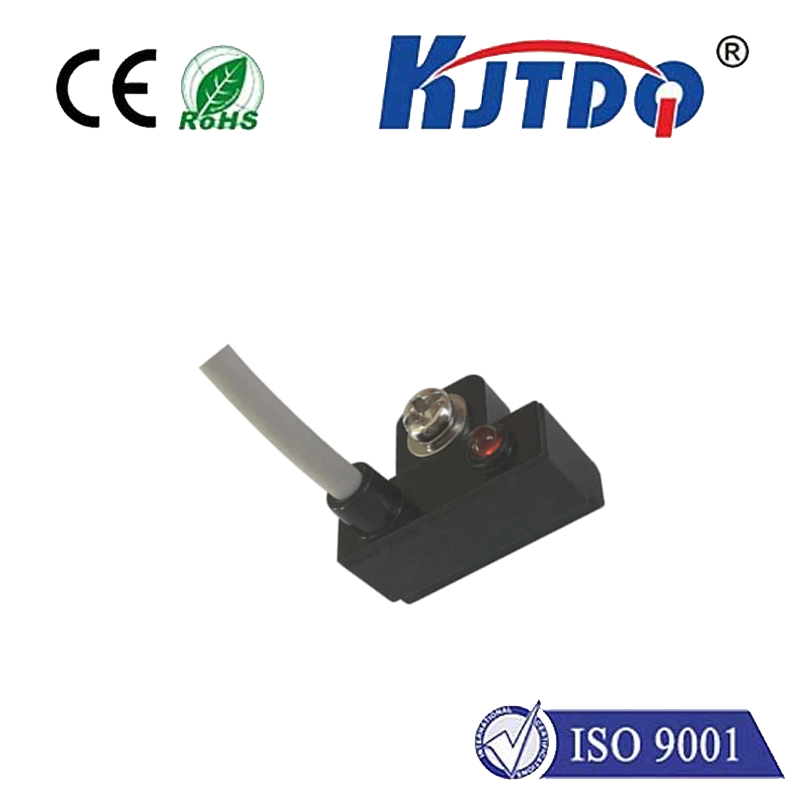BES01LE high pressure proximity sensor
- time:2025-10-13 17:08:06
- Нажмите:0
BES01LE High Pressure Proximity Sensor: Ensuring Reliable Detection in Demanding Industrial Environments
Imagine your critical hydraulic press grinding to a halt, not due to a mechanical fault, but because a sensor succumbed to the immense pressure it was designed to monitor. In industries where extreme pressures are not the exception but the rule, sensor failure is more than an inconvenience—it’s a costly disruption. This is where purpose-built components like the BES01LE High Pressure Proximity Sensor step into the spotlight, engineered specifically to deliver unwavering performance where standard sensors fear to tread.
The BES01LE belongs to the category of inductive proximity sensors, a well-established technology for non-contact detection of metallic objects. However, its defining characteristic and primary differentiator lie in its exceptional capability to withstand extremely high surrounding pressures. Standard inductive sensors perform admirably in typical factory conditions but quickly fail when subjected to the intense pressures found in hydraulic systems, die-casting machines, high-pressure pumps, or specialized test rigs. Pressure can distort sensor housings, compromise seals, and ultimately lead to inaccurate readings or catastrophic failure.

So, what makes the BES01LE uniquely suited for these punishing environments? The answer lies in its robust design and rigorous engineering:
- Exceptional Pressure Tolerance: This is the core of its identity. The BES01LE is meticulously constructed to endure continuous exposure to pressures significantly higher than standard industrial sensors can handle. While exact specifications vary by model and manufacturer (always consult datasheets), sensors like the BES01LE are commonly rated for pressures reaching 500 bar (approx. 7,250 psi) or even higher. This resilience is crucial in applications like monitoring piston position within high-pressure hydraulic cylinders or detecting components in die-casting molds.
- Robust Sealing and Housing: Achieving high-pressure resistance demands superior sealing technology. The BES01LE typically employs high-grade seals (like specialized O-rings) and welding techniques to create a hermetic barrier. The housing itself is often made from durable, pressure-resistant materials like high-grade stainless steel (e.g., 316L), ensuring the internal electronics are completely protected from fluid ingress and deformation under load.
- Inductive Sensing Principle: As an inductive sensor, the BES01LE generates an electromagnetic field. When a metallic target enters this field, it induces eddy currents within the target, causing a detectable change in the sensor’s oscillation. This principle offers several advantages: non-contact operation (eliminating wear), high switching frequencies, immunity to dirt, dust, oil, and coolants (provided seals remain intact), and reliable detection of ferrous and non-ferrous metals.
- Industry-Standard Performance: Beyond pressure resistance, the BES01LE delivers the reliable performance expected from quality industrial sensors. This includes stable switching points, resistance to electrical interference, and typically high degrees of ingress protection (IP67, IP68, IP69K), guarding against water, dust, and high-pressure washdowns externally – complementing its internal pressure resilience. Various output configurations (e.g., PNP, NPN) and connection types (cable or connector) ensure compatibility with diverse control systems.
The key applications where the BES01LE proves invaluable are those characterized by intense pressure:
- Hydraulics: Monitoring cylinder pistons, valve positions, or component presence within high-pressure hydraulic systems (presses, injection molding machines, construction equipment).
- Die Casting: Detecting molds, ejectors, or machine components inside die-casting machines where molten metal injection generates enormous pressures.
- High-Pressure Pumps: Sensing plunger or valve position in pumps used for water jet cutting, descaling, or oil and gas applications.
- Test Benches & Rig Monitoring: Providing reliable position feedback in equipment designed to test components under extreme pressure conditions.
- Specialized Machinery: Any automated system where sensors are located within chambers or lines subjected to significant internal pressure.
Choosing a BES01LE High Pressure Proximity Sensor translates into tangible operational benefits. Foremost is enhanced reliability and uptime. When sensors fail under pressure, the resulting downtime for diagnosis and replacement is costly. The BES01LE’s inherent resilience drastically reduces these unplanned stoppages. This directly contributes to lower maintenance costs and increased productivity. Furthermore, its reliable detection enhances process safety and control accuracy, ensuring machinery operates as intended even under demanding conditions. Long service life is another hallmark, as the robust construction withstands the harsh environment it’s designed for.
For engineers and maintenance professionals specifying sensors, pressure rating is just one critical parameter. When evaluating the BES01LE or similar high-pressure models, close attention must also be paid to:
- Specific Pressure Rating: Confirm the exact continuous and peak pressure specifications for your application.
- Media Compatibility: Ensure the housing material (e.g., stainless steel 316L) and seals are compatible with the surrounding fluid (oil, water, coolant, etc.).
- Temperature Range: Operating and storage temperature limits must align with the environment.
- Electrical Specifications: Required voltage, output type (PNP/NPN NO/NC), current rating, and connection type.
- Sensing Distance and Target Material: Standard inductive sensing ranges apply; verify suitability for your target.
Integrating a pressure-resistant sensor like the BES01LE is often not merely an upgrade but an essential requirement for ensuring system integrity in high-pressure zones. Its specialized design addresses a critical weakness of standard industrial sensors. By providing robust, non-contact detection capability within chambers and lines subjected to hundreds or thousands of bar, the BES01LE becomes a cornerstone of reliable automation, safeguarding equipment, minimizing costly downtime, and ensuring processes run smoothly and safely under the most demanding conditions. Opting for this level of resilience is an investment in operational certainty. When pressure is the enemy of conventional sensing, the BES01LE stands as a proven defense. Its deployment signifies a commitment to maximizing uptime and achieving peak performance where the operational environment pushes components to their absolute limits.

